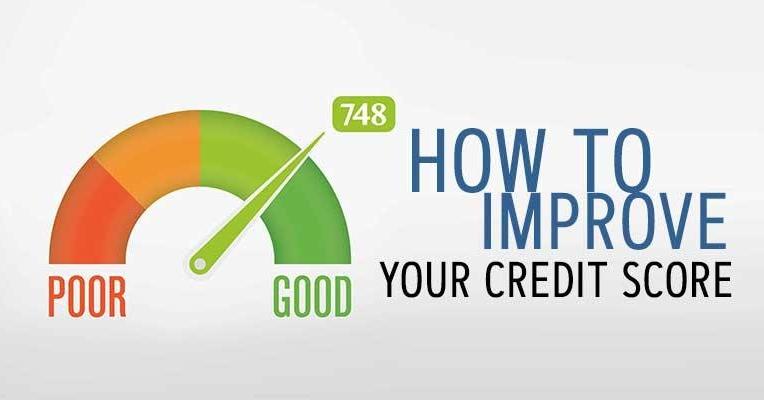The topic of credit scores tends to crop up in multiple areas of our lives and particularly when in pursuit of loans for sizeable assets, such as a car on finance or a mortgage for a house. Reports of seemingly minor mistakes have showcased people’s credit scores taking a hit, where the details recorded by the Royal Mail have not matched other databases. Meanwhile, the rise of buy-now-pay-later credit services such as Klarna, used for online shopping, has also caused a stir, with people’s credit scores becoming compromised where they’ve fallen behind with payments.
Having a good credit score means that lenders can assess how reliable you’re likely to be when paying money back. It can also be used to determine how much interest you’ll pay, as well as how much you could receive. But how do you go about improving and maintaining your credit score? Here are a number of things you can consider.
Timely payments
A key part of maintaining a good credit score is keeping up with payments and paying money back in a timely manner. Even one late payment on a credit card can impact your credit score. It’s important to set time aside each month to ensure you’re on top of monthly spending on bills, any credit cards or through other means.
Manage your outstanding debts
Paying off debt is a major part of improving your credit score. It means that lenders are more likely to trust that you are in a comfortable financial situation and that you’ll be able to pay back any loans with ease. Being in a debt management plan may show up on your credit reference file and while some creditors may be less lenient when it comes to lending, others may provide a secured loan that is accessible by a different set of criteria that looks beyond your credit history.
Credit card balances
You need to make sure you repay any credit card debt, otherwise, you could end up in further debt – and especially if you end up spending more on this particular card. These actions will be reflected in your credit score. Some people manage this system by planning out repayments during periods where there’s reduced interest.
Keep older accounts open
The more accounts you have open, the more information credit scores can be built on. Studies tend to find that people with higher scores have around a decade’s worth of credit accounts to draw from. While this isn’t an exact indication, it can give you an idea of how this premise can be beneficial. Paying bills or mortgage repayments such as rent on time over months and years will reflect well.
Diversify your credit mix
Another good approach is to broaden your credit mix. This includes instalment credit, facilitated by loans like mortgages and personal loans, as well as revolving credit. The latter doesn’t include a specific end date or set balance and instead focuses on a minimum payment each month. Credit cards are an example of revolving credit.






